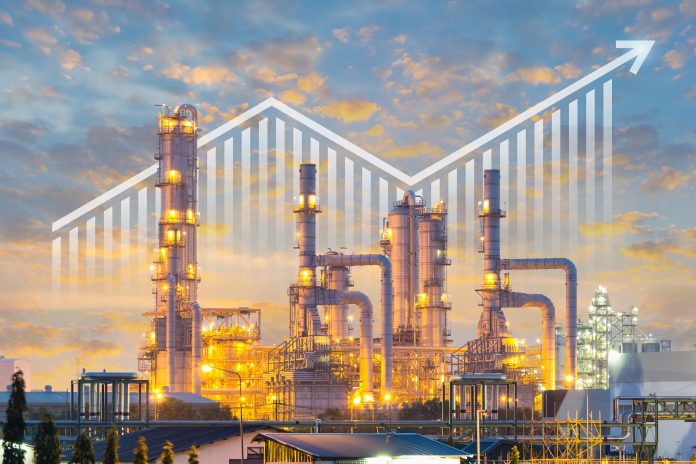Six months since its initiation, the UK-supported oil price cap on Russian oil and products continues to exert significant pressure on Putin’s finances
The Russian government experienced a substantial decline of over 20% in income from January to March 2023 compared to the previous year. Concurrently, the Russian Ministry of Finance reported a steep 45% drop in energy revenues during the same period.
The International Energy Agency’s Oil Market Report for July 2023 revealed a decline of $1.5 billion in Russian oil export revenues for June, amounting to $11.8 billion – a substantial $9.9 billion decrease from the previous year.
Cost of oil price cap on Russia
Independent research by the Centre for Research on Energy and Clean Air estimated that the price cap of crude oil is causing Russia a daily loss of around €160 million.
Treasury Lords Minister Baroness Penn emphasised the dual success of the oil price cap: curtailing Putin’s primary revenue source for his war efforts and ensuring accessible oil for vulnerable nations.
Coalition strategy by G7 and Australia
The Price Cap Coalition, comprising the G7 and Australia, strategically capped the price of Russian seaborne oil and refined oil products in September 2022.
This action aimed to diminish Putin’s ability to exploit inflated global oil prices to fund his illegal Ukrainian conflict.
The crude oil, high-value, and low-value refined price caps of oil were implemented in December 2022 and February 2023.
Monitoring and adaptation by the price cap coalition
The Price Cap Coalition continues to assess the effectiveness of the cap vigilantly. This commitment reflects their readiness to adapt and modify the measure as necessary, ensuring its ongoing success in achieving its dual objectives.
Recent fluctuations in oil prices have occasionally exceeded the G7+ cap level. Any transactions above the cap will challenge Russia to secure alternative providers at a significant cost, as data from market intelligence provider Argus indicated.
Incorporated measures against Russia
The price cap complements the UK’s comprehensive actions against Russia, including sanctions on numerous individuals and entities involved in the Ukrainian conflict.
Additionally, over £20 billion of UK-Russia goods trade has been sanctioned compared to 2021, further underscoring the pressure exerted on Russia.
As the six-month mark of the G7+ oil price cap passes, its influence on Putin’s funding avenues remains evident, creating a multifaceted challenge for the Russian government’s financial stability.













